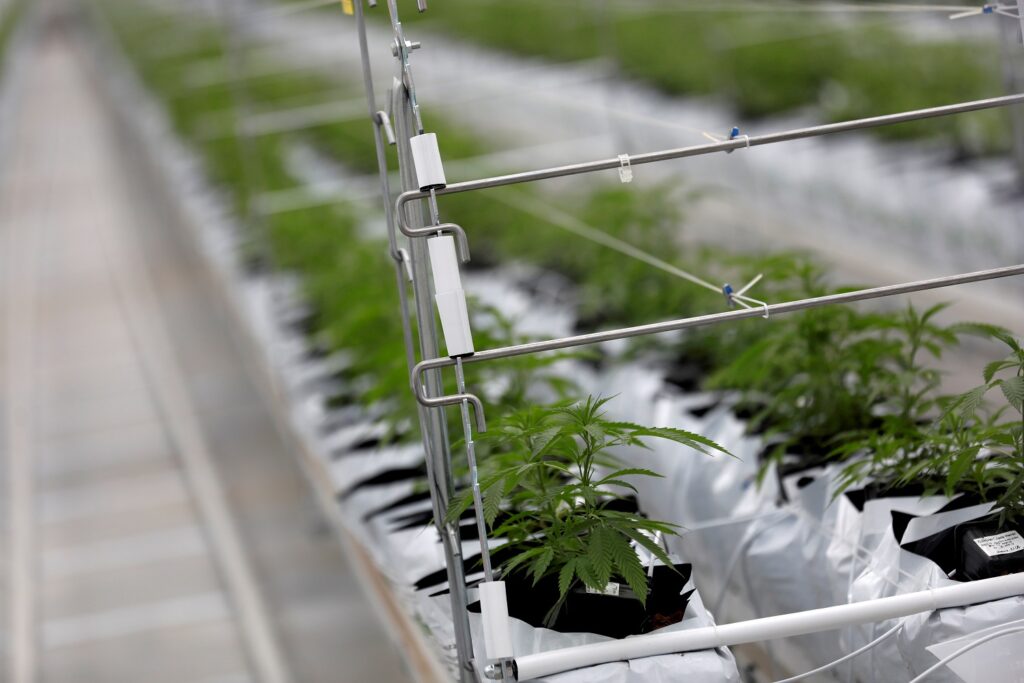
Industry has contributed CAD $43.5 billion to local economy

Cannabis has boosted Canada’s economy by CAD$43.5 billion, including CAD$13.3 billion in Ontario since recreational pot was legalised in October 2018.
A new study released yesterday by Deloitte Canada and provincial pot distributor, the Ontario Cannabis Store showed that for every dollar in revenue or capital expenditures, the cannabis industry adds about CAD$1.09 to national economy and CAD$1.02 to Ontario’s from legal purchases.
The report offers a window into how the Canadian cannabis industry has impacted the country’s finances over the last few years and ultimately, concludes that the sector is “already an important source of economic growth”.
According to the report, “in the span of three years, the Canadian cannabis sector has found its footing and emerged as a thriving new source of economic growth, creating and supporting tens of thousands of jobs in communities countrywide.”
Continuing, the report said, “as the sector grows and matures, realising the return on its significant capital investments to date, we should expect it to make an increasingly strong and positive impact on national and provincial economies”.
Industry contributing to thousands of jobs
The report found that the industry is responsible for 151,000 jobs and said for every million dollars in revenue or capital expenditure, the cannabis sector sustains about four jobs in Canada and Ontario each. The study estimates that the industry has generated CAD$15.1 billion in Canadian tax revenues and CAD$3 billion for Ontario.

Consumer purchases alone generated CAD$2.9 billion in sales and excise taxes. At the Ontario level, the report estimate cannabis retailers and producers were responsible for CAD$142 million in direct taxes, CAD$1.2 billion in indirect taxes, and CAD$673 million in other taxes, while consumer purchases contributed CAD$1.0 billion in sales and excise taxes.
The report also offered a peek at diversity within the sector and how little it has evolved since legalisation. The report pointed to a 2020 study from the Centre on Drug Policy Evaluation and the University of Toronto that revealed radicalized men and women were significantly under-represented among cannabis company executives and directors.
The report based on responses from 700 executives and directors at 222 companies found 72 per cent were Caucasian men, 12 per cent were Caucasian women, 14 per cent were radicalised men and two per cent were radicalised women.
The radicalised portion of the country’s cannabis leadership includes 40 per cent South Asian people, 19 per cent who are East Asian, 15 per cent who are indigenous, 12 per cent Arab and seven per cent each for those identifying as Hispanic and Black.







Comments